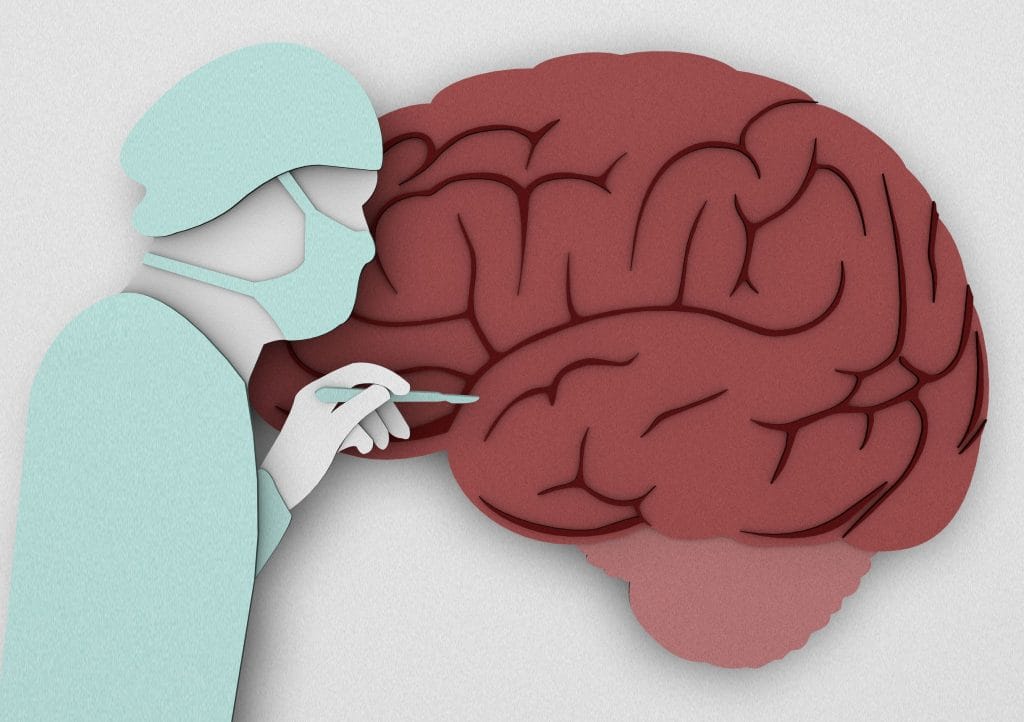In just a decade, India’s elderly population increased from seventy million to 104 million. This change occurred across the 2001-11 period, with the elderly population reaching ever greater numbers since then. With such a sharp rise in elderly individuals, India needs to brace itself for a future where Alzheimer’s disease is a regular occurrence.
As of 2019, those over the age of sixty account for 8.6 percent of the population of India. With a trend towards lower population growth and greater life expectancy, this age group will soon begin to form a larger bulk of India’s population.
With an increase in elderly individuals, it is not unexpected that diseases that show a correlation with age begin to increase. Noncommunicable diseases such as cancer, diabetes and India’s most prominent killer — heart disease — all list age as a risk factor. While India is making attempts at addressing these conditions, neurodegenerative diseases such as Alzheimer’s are falling through the cracks in terms of public attention.
Alzheimer’s disease has no cure. While research attempts are ongoing, our understanding of the disease is limited to a hypothesis that has not translated into an effective treatment.
Current treatments aim to slow the progression of the disease as well as manage the symptoms, but even these often have very little impact. The neurodegenerative nature of the condition underlines the fact that while it can be slowed, an individual’s mental state and faculties will continue to decline until they eventually die.
India, if not fully prepared for a future in which Alzheimer’s disease becomes a relative norm, could face a significant struggle in coping with the public health — as well as economic — effects. Due to the gradual reduction in faculties, an individual with Alzheimer’s will eventually reach a state in which they are unable to look after themselves. At this point, the individual may require round-the-clock care in a dedicated care facility.
For those who cannot afford this it may become a common phenomena for younger people to all but remove themselves from the workforce in order to care for elderly family members. Alzheimer’s disease has the potential to have the same manner of economic and health impact as diseases such as cancer and diabetes. A formal policy must be adopted to address the situation or India may soon be overwhelmed.

 Estimates have placed the number of patients with dementia (of which Alzheimer’s disease is among the more common forms of the condition) in India at around four million. Worldwide, numbers of dementia cases are estimated to hit 131.5 million by 2050.
Estimates have placed the number of patients with dementia (of which Alzheimer’s disease is among the more common forms of the condition) in India at around four million. Worldwide, numbers of dementia cases are estimated to hit 131.5 million by 2050.
Policy makers should formulate suitable leave policies for the younger generation to take care of their aged parents. That would be encouraging in the work place and take care of a lot of mental stress from the workforce which can be beneficial to the organisation and society in the long term.